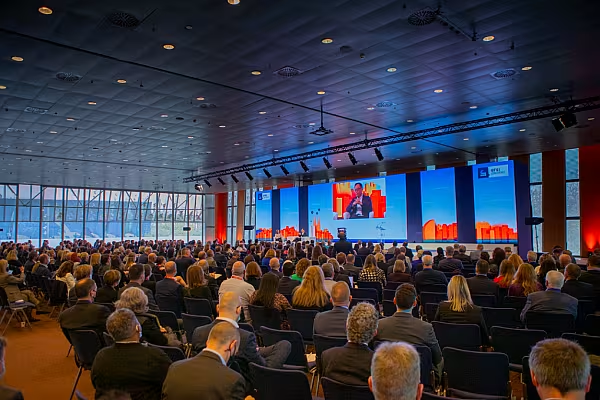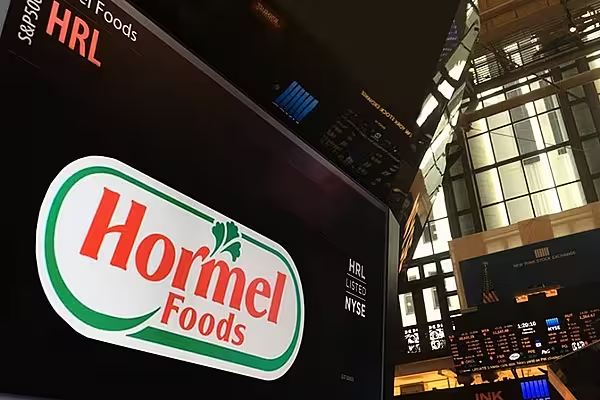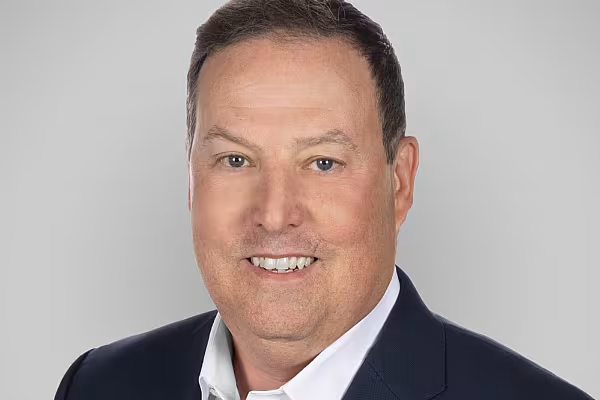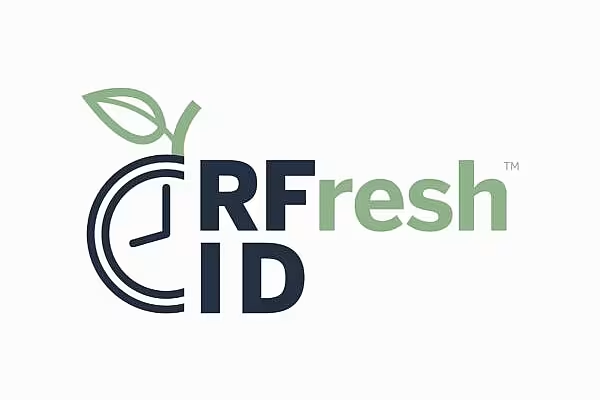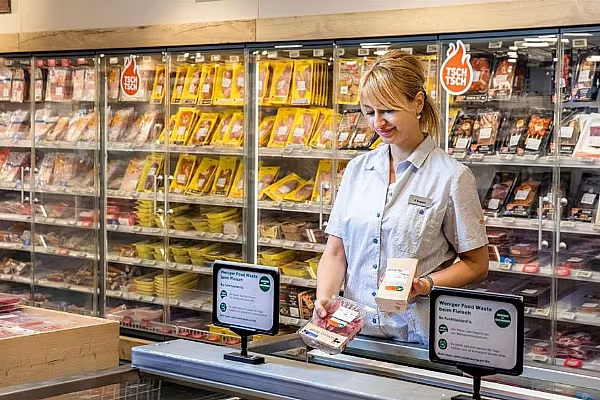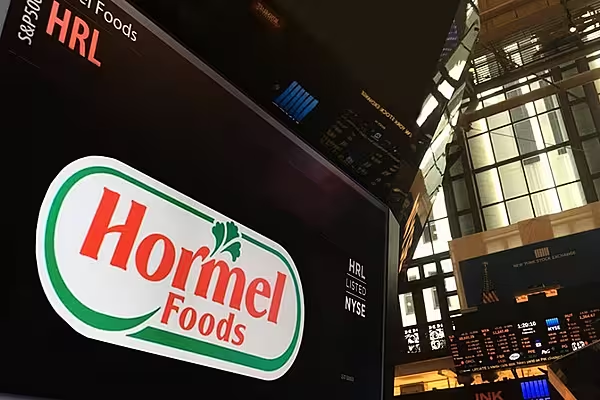ESM’s Conor Farrelly reports from Day One of the GFSI Conference, taking place in Barcelona.
It was a while in coming, but the first in-person GFSI Conference since the last one – in Seattle, two years ago – is now under way, with experts and business leaders from around the world coming together to discuss shared food safety challenges.
The theme of this year’s conference was outlined by the managing director of the Consumer Goods Forum, Wai-Chan Chan, who stated that the 2022 event will focus on “delivering impact for safe, sustainable food.” Chan also addressed the “difficult two years” since the Seattle conference, wherein the world has dealt with a global pandemic, rising inflation, and the outbreak of war.
Chan himself was not in his current role of managing director when the last in-person GFSI conference took place, and his opening address included a summary of actions since the 2021 conference, which took place virtually.
The GFSI’s strategy for 2022 was also touched upon by Chan, who outlined the three goals of the organisation for the year: increased capacity-building programme efforts, to future-proof against potential food shortage issues; to strengthen ties with UN delegates, many of whom were in attendance at the conference; and to create a GFSI certification database, to ensure transparency on who has a GFSI certificate, and which certificates are GFSI approved.
Following Chan’s opening address, GFSI director Erica Sheward commended retailers and manufacturers that “kept the world fed in the face of a global pandemic’’, and those that strived “to do the right thing, not the quick thing,” during COVID-19, as difficult as it was.
GFSI Steering Committee Update
GFSI Steering Committee representatives Monique Pellegrino (Danone), Roy Kirby (Mondelēz International), Howard Popoola (the Kroger Co.) and Tom Wiester (Starbucks) also spoke in the morning session, with each providing a summary of the committee’s work.
The discussion revolved around harmonisation and trust – two key elements of food safety accreditation – with Kirby stating that trust “arrives on foot and leaves on horseback”, alluding to the consequences that occur when it is broken.
Other groups represented across the morning session included the WHO, the FAO, Codex Alimentarius, and the UN World Food Programme. Francesco Branca from the WHO discussed the group’s new food safety strategy and encouraged government bodies to implement more rules around food safety, following a similar theme from the opening address of increased public and private partnerships, given that “food safety is everyone’s business”.
Elsewhere, Virginia Siebenrok of the UN Food Bank provided an update on its work in providing food to various humanitarian crises around the world, making reference to Ukraine, stating, “that’s a new geography for us – Europe.”
Tackling Product Recalls
Product recalls are a sensitive subject in the food safety sphere, due to their ‘reactive’ nature, rather than the ‘proactive’ response that is favoured by the GFSI. The issue of recalls was discussed by Lisa Robinson, vice-president of food safety at Ecolab, who listed the use of “collaboration and clear communication throughout the supply chain” as critical when developing a recall strategy, noting the importance of “having the right partner on speed dial” when things go wrong.
Joining Robinson were Howard Popoola of Kroger, Leda Touliatou of Nestlé, and Roger Hancock from Recall InfoLink. Hancock raised the interesting point during a discussion of product recall pain points, in that, typically, there is “a lot of money spent getting products to consumers, but there isn’t a lot spent on getting it out of the consumer’s house [during a recall].”
Elsewhere, Popoola called for a harmonisation of product identification standards from manufacturers, as various methods are used to identify products. As he observed, massive issues in food waste can occur if a product needs to be recalled, but the retailer isn’t sure which SKU to take off the shelf, and instead throws out perfectly safe food due to identification issues.
Importance Of Food Safety
Next up, a discussion titled ‘Food Safety is Everybody’s Business’ was held, and Mondelēz CEO Dirk Van de Put was keen to drive home the link between sustainability and food safety, warning of the issues associated with sacrificing one for the other.
Van de Put discussed food safety with Amir Abdulla, deputy executive director of the World Food Programme, who similarly emphasised collaboration, declaring, “To do what we need to do with food safety, we are not going to be able to do it on our own.”
Abdulla provided some startling figures around the UN’s Sustainable Development Goal of Zero Hunger, which was mentioned numerous times throughout the day as being crucial to the strategy of the GFSI. According to his figures, globally, 800 million people go to bed without enough food to eat, and 45 million people are on the edge of famine.
Also present during this seminar were the WHO, FAO and Codex Alimentarius, with Tom Heilandt of Codex Alimentarius making reference to the health and safety-sharing practices of the air travel industry, which resulted in increased safety through collaboration and the sharing of safety information amongst different airlines.
Finishing off the day were representatives from a number of GFSI regional groups, including members from Japan, Mexico, Australia and India, amongst others. These groups touched on a number of similar areas, with many having the same objectives of harmonisation, public-private partnerships around safe food, and capability-building. Roll on Day Two!
© 2022 European Supermarket Magazine – your source for the latest A-brand news. Article by Conor Farrelly. Click subscribe to sign up to ESM: European Supermarket Magazine.
